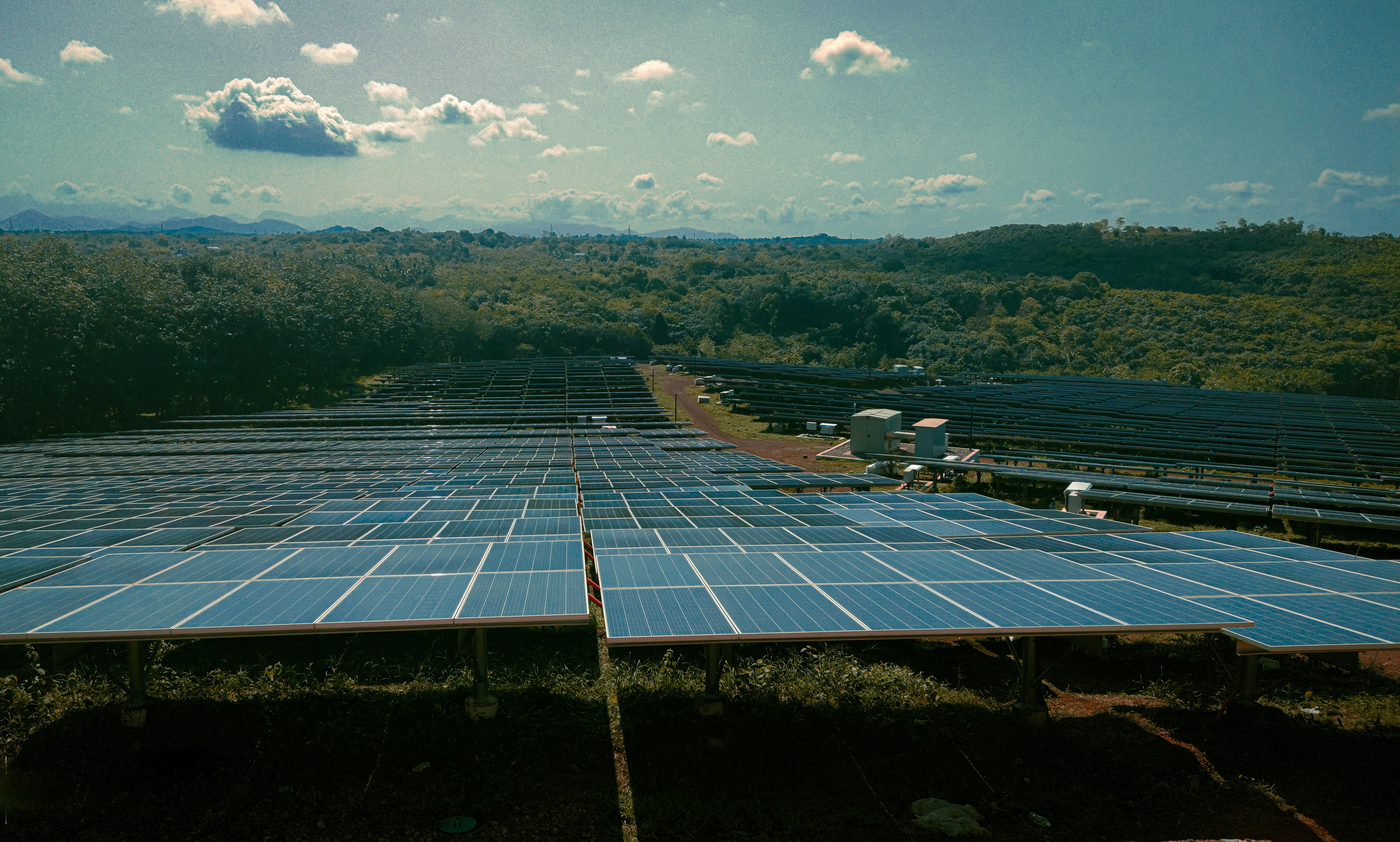The installation of solar power in over 200 rural health facilities across Zimbabwe has enabled uninterrupted medical care, improved vaccine storage, and expanded access to essential health services, resulting in higher vaccination rates and reduced disease incidence.
The transformation of healthcare delivery in rural Zimbabwe has been remarkable, largely due to the introduction of solar power through the Zimbabwe COVID-19 Response and Essential Health Services Project (ZCREHSP). Previously, medical staff in over 16 districts faced frequent power outages, forcing them to turn away patients and delay critical services such as child vaccinations. With the installation of solar panels and solar-powered refrigeration in 200 rural health facilities, these challenges have been significantly reduced. The reliable access to electricity has enabled clinics to provide uninterrupted care, maintain the cold chain for vaccines and medications, and extend their services to 24/7 operations. As a result, vaccination rates have soared, leading to a notable decrease in diseases like measles and rubella.
Healthcare workers now benefit from improved working conditions, with the ability to send real-time data and attend to emergencies at any hour. Local communities have also gained access to solar-powered water supplies, further enhancing public health. The initiative has been especially impactful for maternal care, as women can now deliver babies safely at night with proper lighting, a stark contrast to the previous reliance on unreliable torches.
The Solar for Health Initiative, funded by a $6.6 million partnership between the Health Emergency Preparedness and Response Trust Fund and the Energy Sector Management Assistance Program Trust Fund, was initially aimed at mitigating the effects of the COVID-19 pandemic. However, its scope has expanded to strengthen Zimbabwe’s overall healthcare system, particularly in reproductive, maternal, newborn, child, and adolescent health services. Health facilities have reported dramatic improvements in service coverage, with some districts exceeding previous targets.
To ensure sustainability, contractors have entered long-term warranty agreements for key solar components and provided training for health workers in maintenance and troubleshooting. The involvement of the Department of Public Works has fostered collaboration between engineers and technicians, further securing the longevity of the installations. Looking ahead, there are plans to connect eligible facilities to the national grid, allowing them to sell excess power, and to implement remote monitoring systems for efficient management and prompt resolution of technical issues.
Overall, the adoption of solar energy in rural Zimbabwean health facilities has not only addressed immediate pandemic-related needs but has also laid the foundation for a more resilient, accessible, and sustainable healthcare system, transforming lives in some of the country’s most remote communities.


